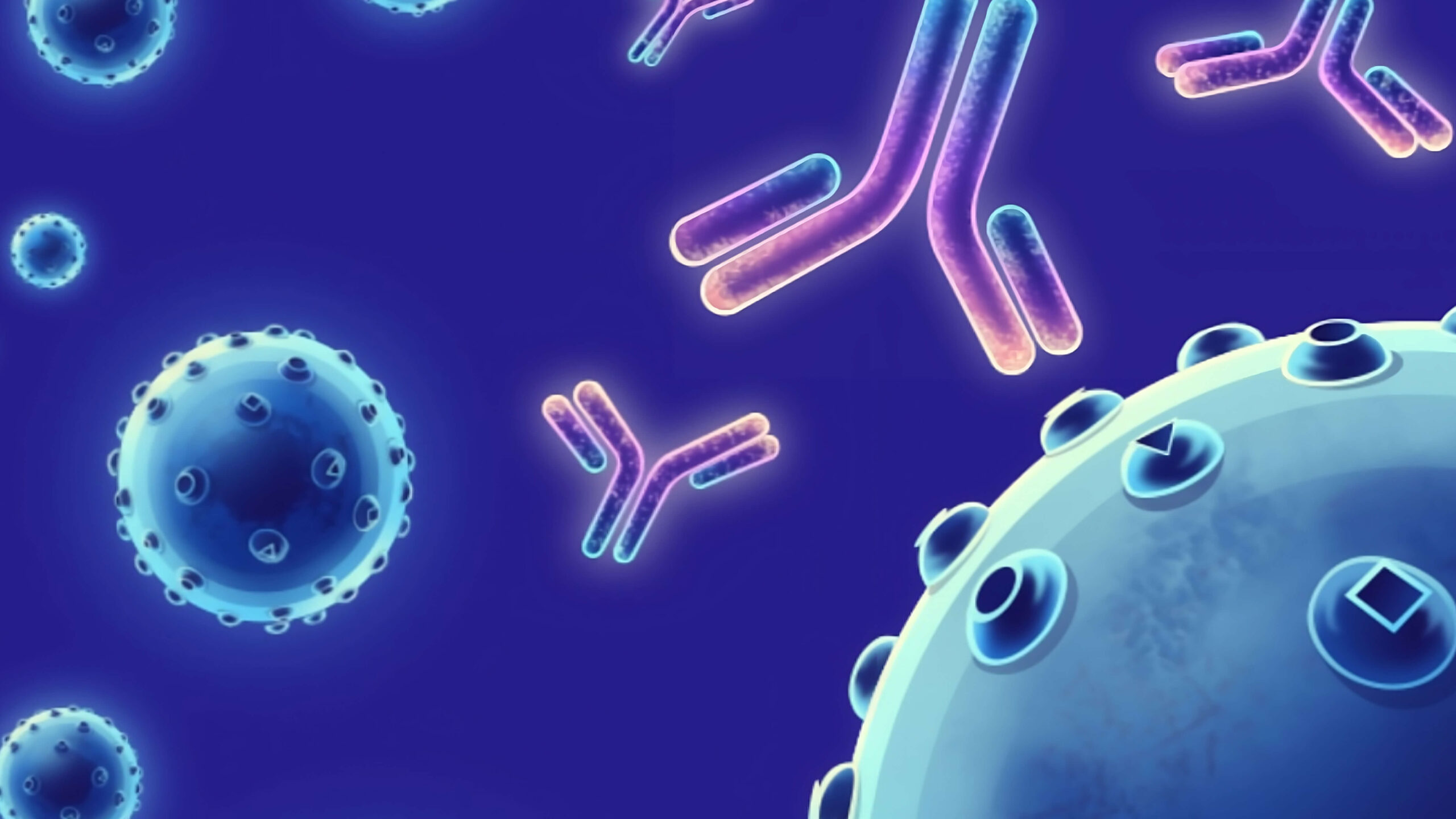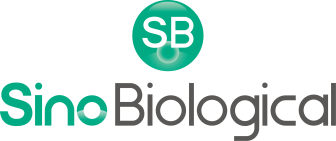Description
Interferon-induced 17 kDa protein (ISG15), a 15-kDa protein of unique primary amino acid sequence, functions intracellularly as a ubiquitin homolog and a cytokine that induces production of IFN-gamma and augments NK / lymphokine-activated killer cell proliferation and function. ISG15 is secreted from monocytes and lymphocytes. ISG15 is a ubiquitin-like molecule that is strongly upregulated by type I interferons as a primary response to diverse microbial and cellular stress stimuli. Alterations in the ISG15 signaling pathway have also been found in several human tumor entities. In addition to being stimulated by type I interferon, expression of ISG15 is greatly induced by viral or bacterial infection through the Janus kinase/signal transducer and activator of transcription (Jak / STAT) signaling pathway. After induction, ISG15 is secreted by monocytes, B- and T-lymphocytes, and fibroblasts. We demonstrate the novel way in which the function of the ISG15 protein is inhibited by influenza B virus, which strongly induces the ISG15 protein: a specific region of the influenza B virus NS1 protein, which includes part of its effector domain, blocks the covalent linkage of ISG15 to its target proteins both in vitro and in infected cells.
Target
ISG15
Target Alias Names
G1P2, hUCRP, IFI15, IMD38, IP17, UCRP
Isotype/Mimetic
Rabbit IgG
Animal-Derived Biomaterials Used
No
Sequence Available
No
Original Discovery Method
Phage display technology
Antibody/Binder Origins
Animal-dependent discovery, post-2020, In vitro recombinant expression

